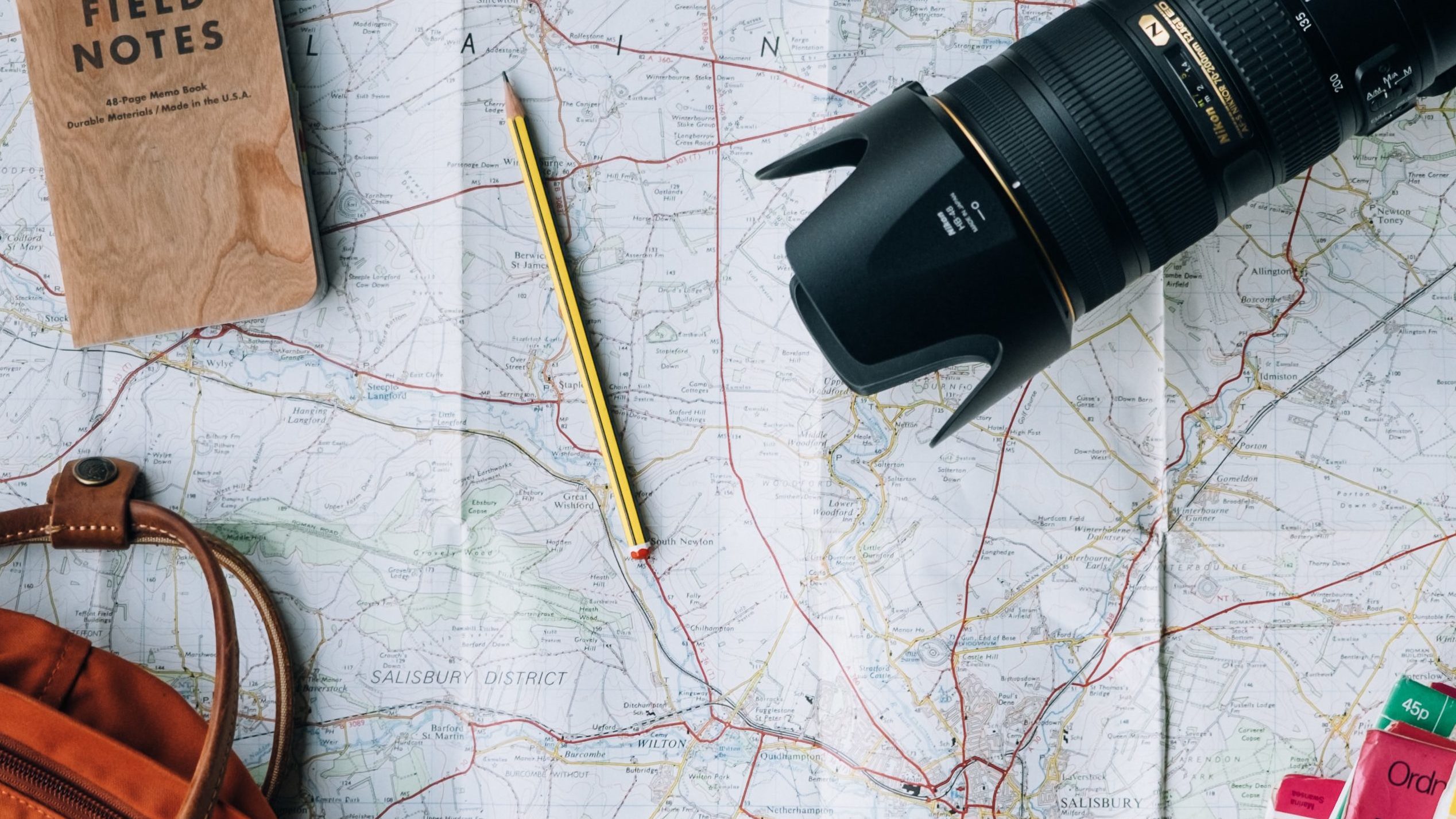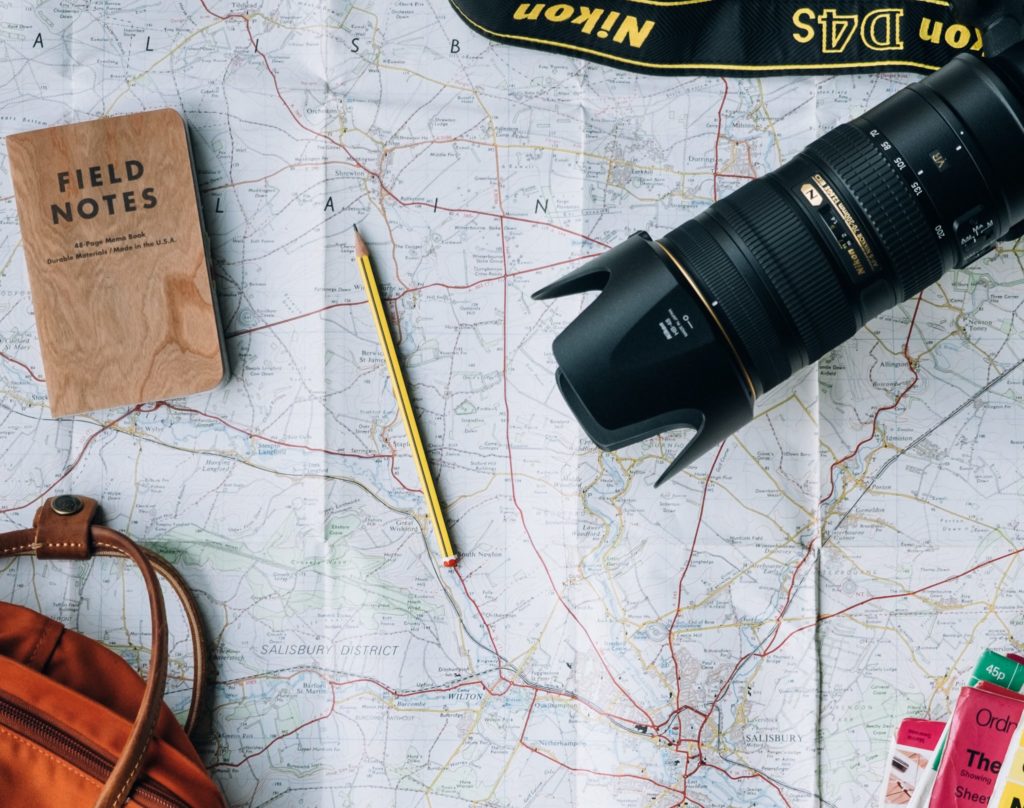Although it appears that COVID-19 will remain a concern for the time being, many travelers are making plans for the holidays again. As countries continue to restrict international access to control the spread of the virus and its variants, Americans are increasing their domestic travel. Here are three major keys to making sure your winter travel has the smallest possible negative impact on our global ecosystem.

Reduce or eliminate air travel
According to the Environmental and Energy Study Institute, air travel accounts for the "highest and fastest growth of individual emissions." Although cars have their own harmful implications, a road trip has a much smaller carbon footprint than flying. A scenic train ride would be even better. If you must fly, book direct flights as much as possible, as planes release the most CO2 during takeoff.
Support the local economy
For every $100 spent by a tourist from a developed country, only $5 stays and circulates in a developing destination's economy. You can make your dollar go a little further by dining at local restaurants, using public transportation, or hiring local tour guides. Ultimately, anything you can do to help small businesses and local farmers thrive can reduce tourism leakage.
Make yourself at home
Be sure to continue the same sustainable behaviors you practice at home in your hotel room or vacation rental. Reuse your hotel towels and avoid getting new ones unnecessarily. Take short showers. Turn off lights and electronics when you leave the room. These little changes go a long way wherever you are.
